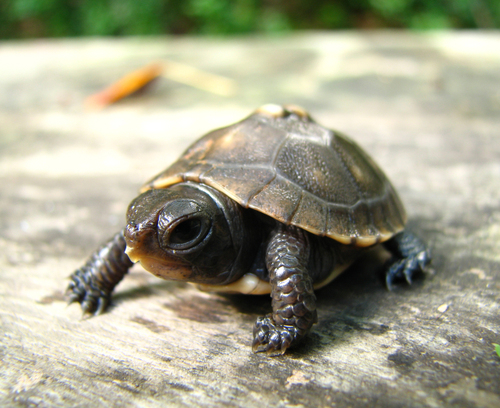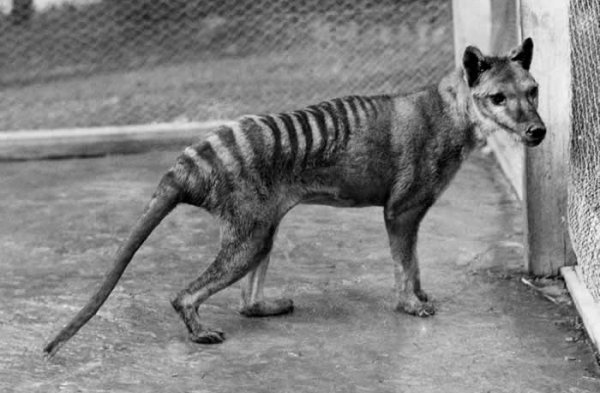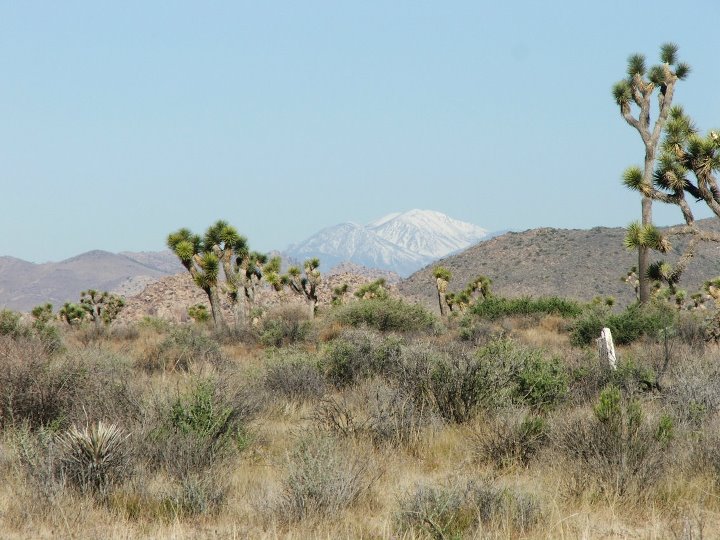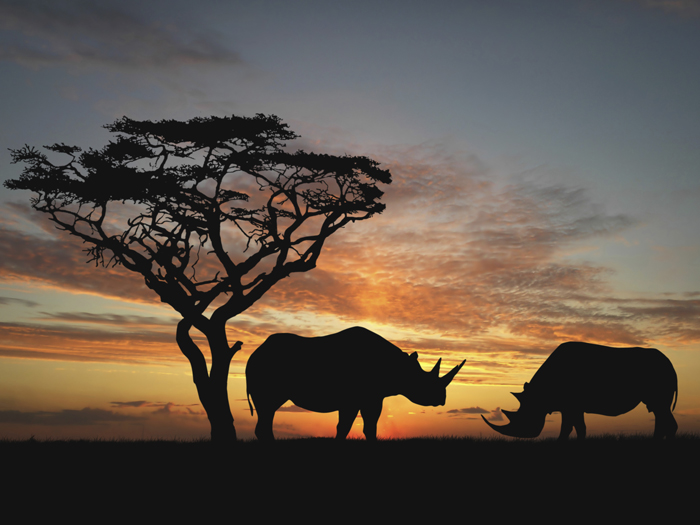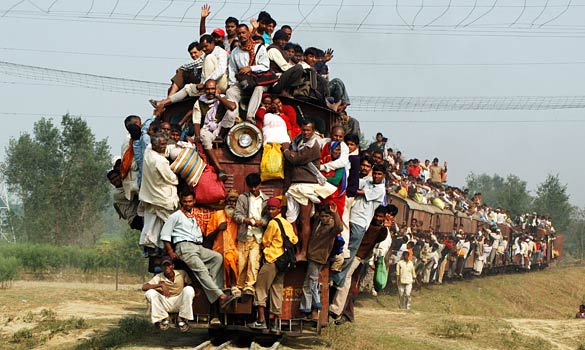Like years past, 2011 has been full of both triumph and loss. Precious habitat was saved. Conservationists continued to educate and inspire others to help preserve our natural world. In addition, new plant and animal species were discovered; however, a few were also considered to now be extinct. With all of our great accomplishments over the last 365 days, I believe we can do better. Whether we are aware of it or not, we are all interconnected to each and every living thing on this planet. All of our actions, good or bad, have an effect on others. I meet …
A New Year For Conservation
